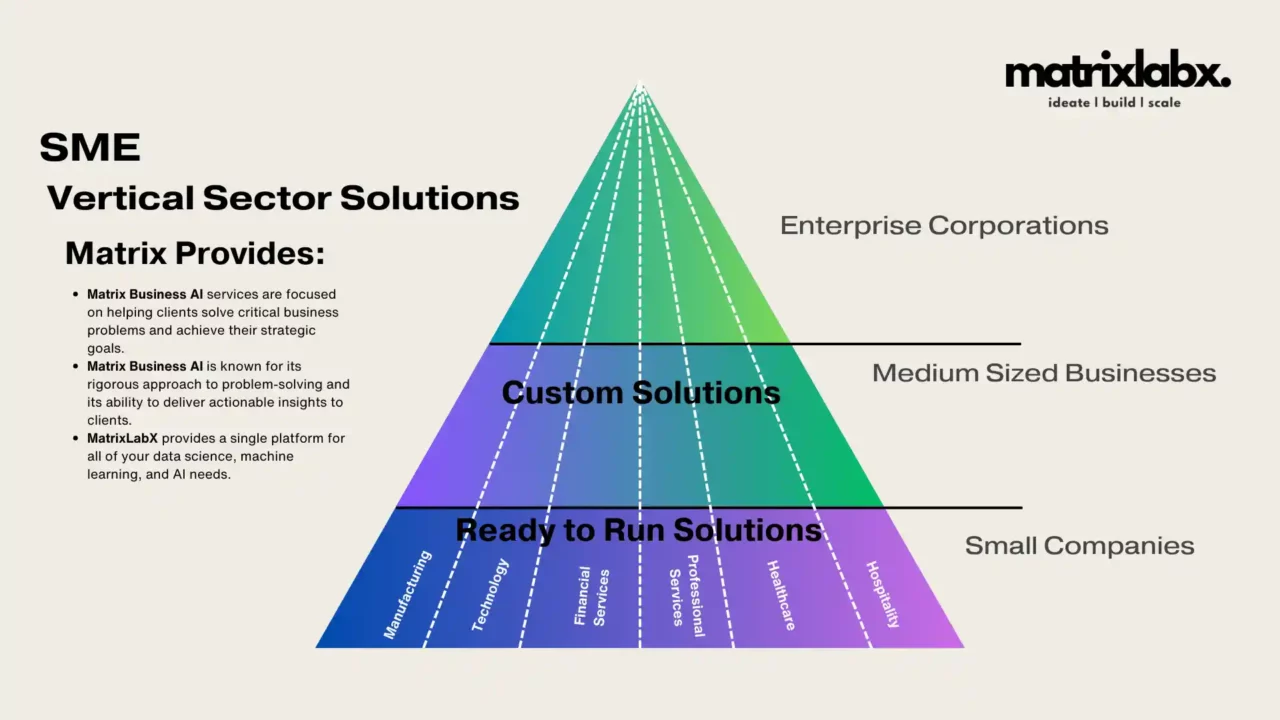AI governance is the set of processes, policies, and decision-making frameworks that ensure that artificial intelligence (AI) is developed, used, and managed responsibly and ethically. It is a complex and evolving field, as AI technology constantly changes. AI governance aims to ensure that AI systems align with society’s values and are used for good and not for harm.
AI Governance: Understanding the Why, When, How, Where, and What

Why AI Governance Matters
As artificial intelligence (AI) continues to permeate various aspects of our lives, from healthcare to finance to transportation, effective governance becomes increasingly crucial. AI governance encompasses the policies, frameworks, and practices that ensure responsible and ethical development, deployment, and use of AI systems.
When to Implement AI Governance
Regardless of the size or industry, AI governance should be a cornerstone of any organization that utilizes AI technologies. Early adoption of AI governance principles helps organizations navigate the complexities of AI, mitigate potential risks, and responsibly reap the benefits of AI’s transformative power.
How to Implement AI Governance
Effective AI governance implementation involves a comprehensive approach that encompasses several key aspects:
- Establish Clear AI Principles: Define ethical guidelines and principles that align with the organization’s values and ensure AI systems are used for good.
- Develop AI Standards: Create standardized processes and practices for AI development, deployment, and operation to ensure consistency and quality.
- Implement Robust Risk Management: Establish mechanisms to identify, assess, and mitigate potential risks associated with AI systems, such as bias, discrimination, and cybersecurity concerns.
- Foster Human Oversight: Maintain human oversight and accountability throughout the AI lifecycle to ensure AI systems are aligned with human values and ethical principles.
- Enable Transparency and Auditability: Implement mechanisms to track and audit AI systems’ development, deployment, and operation to ensure accountability and transparency.
Where AI Governance is Relevant
AI governance principles apply across various aspects of AI usage, including:
- Data Collection and Management: Ensuring data used for AI development and training adheres to privacy, security, and ethical standards.
- AI Algorithm Design: Preventing bias, discrimination, and unfair outcomes in AI algorithms.
- AI Deployment and Use: Ensuring AI systems are used in a responsible, ethical, and beneficial manner, aligning with organizational values and societal norms.
- AI Ethics Committees: Establishing ethics committees or advisory bodies to guide and oversee AI decision-making.
What AI Governance Aims to Achieve
The overarching objectives of AI governance include:
- Promoting Ethical AI: Ensuring AI systems are developed, used, and operated by ethical principles and human values.
- Mitigating Bias and Fairness: Preventing AI systems from perpetuating or amplifying societal biases, ensuring fairness and equal treatment for all individuals.
- Enhancing Trust and Transparency: Building trust in AI through transparency and accountability, allowing stakeholders to understand AI decision-making processes.
- Protecting Privacy and Security: Protecting sensitive data used for AI development and operation, ensuring compliance with privacy regulations and cybersecurity measures.
Use Cases and Examples of AI Governance
The application of AI governance principles can vary across industries and use cases. Here are some examples:
- Healthcare: AI algorithms in healthcare should be developed and used responsibly, ensuring patient privacy and minimizing biased decision-making.
- Finance: AI systems used for risk assessment and financial decisions should adhere to ethical standards and avoid discrimination against certain groups.
- Transportation: Autonomous vehicles and self-driving systems require robust AI governance to ensure safety, fairness, and compliance with traffic rules.
Statistics Highlighting the Importance of AI Governance
- A 2022 survey found that 87% of executives believe AI governance is crucial for successful AI adoption.
- A 2023 study revealed that 63% of organizations have experienced AI-related ethical or legal issues due to inadequate governance.
- The European Union’s General Data Protection Regulation (GDPR) mandates comprehensive data protection and privacy principles for AI systems.
- The National Institute of Standards and Technology (NIST) in the United States has developed AI governance guidelines for federal agencies and organizations.
- The World Economic Forum’s AI Governance Accelerator is a global initiative promoting responsible AI development and deployment.
